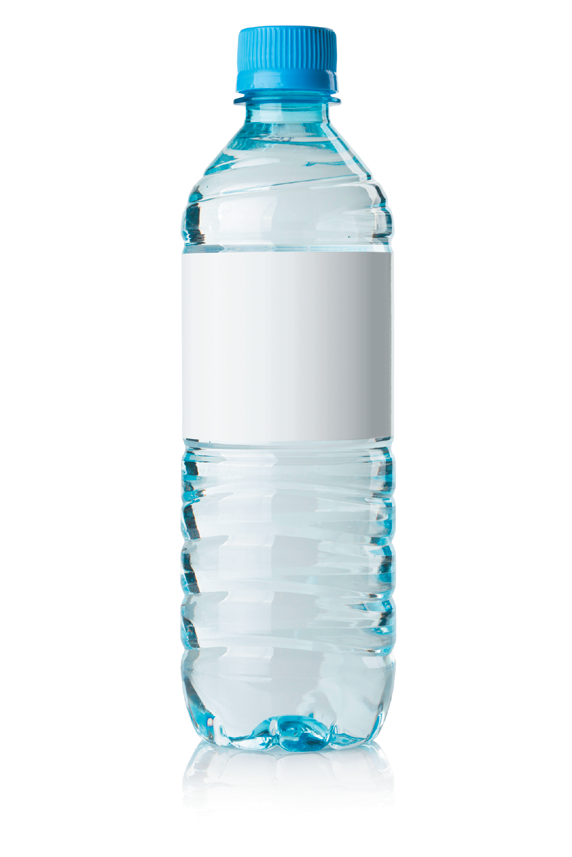A. Judith C. Thalheimer, RD, LDN, managing editor of Tufts Health & Nutrition Letter,
answers: “Deuterium is a naturally-occurring isotope of hydrogen. Most hydrogen atoms have one proton and no neutrons. When a hydrogen atom does contain a neutron, it is called deuterium. Deuterium is also known as heavy hydrogen. Since water is made up of hydrogen and oxygen, water containing deuterium is referred to as heavy water. The difference in weight caused by the addition of one tiny sub-atomic particle could only be measured by specialized scientific instruments. This miniscule difference could conceivably cause deuterium to behave somewhat differently in the body than typical hydrogen molecules, but there is no scientific proof at this time that such differences would be significant to our health.
“Of course, that’s not what marketers of expensive deuterium depleted water (DDW) say. All kinds of unproven claims appear in advertising for DDW, including that it will ‘optimize your cellular energy’ or fight cancer. To date, there have been a few somewhat intriguing studies in mice, rats, and labs, but no high-quality, well-controlled human studies. Rodents are not humans, and cells behave differently in the body than isolated in a dish in a lab. At this time, there is no evidence that deuterium in the body is harmful or that lowering deuterium levels will make a clinically relevant impact on our health. We don’t even know for sure that drinking DDW will reliably lower deuterium levels in the body. Until we have reproducible, solid evidence from good human studies, I’d save my money and stick to tap water.”





















